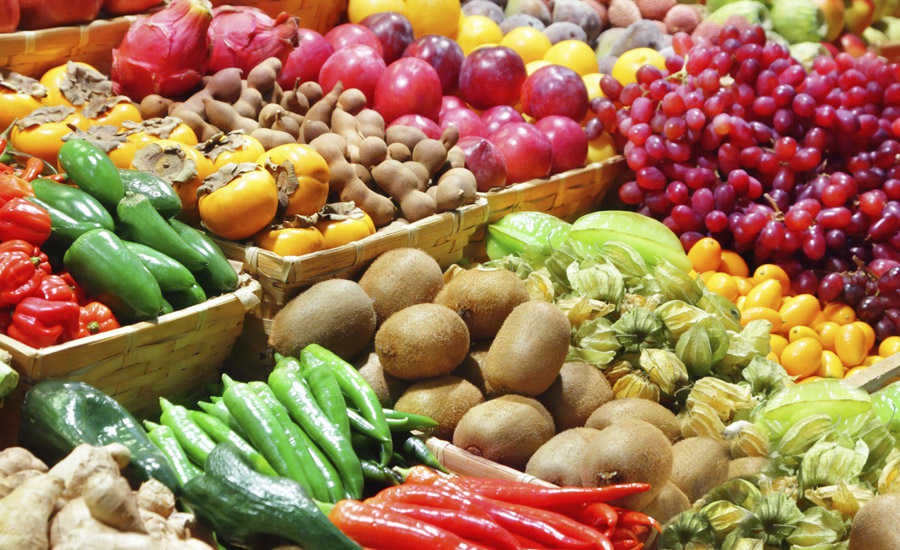Want to be healthier and help save the planet at the same time? A “planetary health diet” unveiled yesterday in the medical journal Lancet will do both, according to the international team of scientists who developed it.
The authors of the report say changes to the way we eat - across the globe - are urgently needed amid increasing obesity and climate change made worse by population growth, which is expected to reach 10 billion people by 2050.
“Food systems have the potential to nurture human health and support environmental sustainability; however, they are currently threatening both. Providing a growing global population with healthy diets from sustainable food systems is an immediate challenge,” according to the report.
The report notes that a billion people globally go hungry, while another two billion are overnourished, eating excessive amounts of unhealthy food.
The scientists say the diet – which they developed using information from feeding and cohort studies and randomized trials - will slow environmental destruction while also help reducing the incidence of heart disease, stroke and diabetes.
Key points of the diet:
- Cutting red meat consumption by more than 50 percent
- Cutting sugar consumption by more than 50 percent
- More than doubling the current consumption of fruits, vegetables and legumes
Some of these provisions will be harder to swallow for certain regions. While most countries exceed the recommended amount of red meat, those in North America eat almost 6.5 times the amount they should.
Surprisingly, the daily total calorie intake of the diet is 2500 – a little more than the current average intake. The difference is in the type of foods the scientists recommend: plant-based, unsaturated fats and whole grains instead of animal products, saturated fats and refined grains.
The diet would transform the food system and ease the pressure on feeding a hungry world, “because many environmental systems and processes are pushed beyond safe boundaries by food production.”
Additionally, human health would benefit. “Unhealthy diets pose a greater risk to morbidity and mortality than does unsafe sex, and alcohol, drug, and tobacco use combined,” according to the report.
Among the strategies suggested for achieving the dietary change:
- Giving farmers incentives to produce diverse (and nutritious) crops rather than just a few.
- Making healthy food more accessible to low-income people.
- Reducing food waste
Food in the Anthropocene: the EAT–Lancet Commission on healthy diets from sustainable food systems:
Walter Willett, Johan Rockström, Brent Loken, Marco Springmann, Tim Lang, Sonja Vermeulen, Tara Garnett, David Tilman, Fabrice DeClerck, Amanda Wood, Malin Jonell, Michael Clark, Line J Gordon, Jessica Fanzo, Corinna Hawkes, Rami Zurayk, Juan A Rivera, Wim De Vries, Lindiwe Majele Sibanda, Ashkan Afshin, Abhishek Chaudhary, Mario Herrero, Rina Agustina, Francesco Branca, Anna Lartey, Shenggen Fan, Beatrice Crona, Elizabeth Fox, Victoria Bignet, Max Troell, Therese Lindahl, Sudhvir Singh, Sarah E Cornell, K Srinath Reddy, Sunita Narain, Sania Nishtar, Christopher J L Murray


